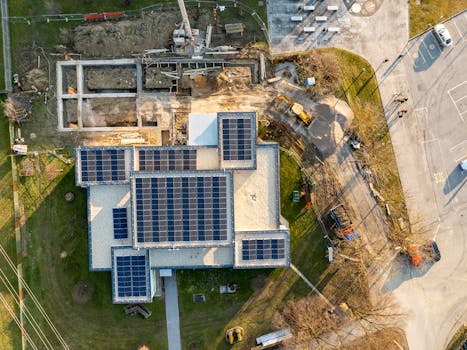
Smart Cities: Urban Trends for 2025
Smart Cities are revolutionizing the way we live, work, and interact with our surroundings. With the integration of technology and sustainability, cities are becoming more efficient, livable, and resilient. In this article, we will explore the latest urban trends for 2025, from smart infrastructure to sustainable development.
Introduction to Smart Cities

Smart Cities use information and communication technologies (ICT) to enhance the quality of life for citizens, improve the efficiency of urban operations, and reduce the environmental impact of city activities. The concept of Smart Cities has been around for several years, but it has gained significant attention in recent years due to the increasing urbanization and the need for sustainable development.
Urban Trends for 2025

So, what can we expect from Smart Cities in 2025? Here are some of the latest urban trends that will shape the future of cities:
- Smart Infrastructure: Cities will invest in smart infrastructure, such as intelligent transportation systems, smart energy grids, and advanced water management systems.
- Sustainable Development: Sustainable development will be a key focus area for cities, with a emphasis on reducing carbon emissions, promoting green spaces, and implementing waste management systems.
- Internet of Things (IoT): The IoT will play a crucial role in Smart Cities, with connected devices and sensors used to collect data and improve city operations.
- Artificial Intelligence (AI): AI will be used to analyze data and make informed decisions, improving the efficiency and effectiveness of city services.
- Electric Vehicles: Electric vehicles will become increasingly popular, reducing air pollution and greenhouse gas emissions.
Benefits of Smart Cities

Smart Cities offer numerous benefits, including:
- Improved Quality of Life: Smart Cities can improve the quality of life for citizens, with access to better healthcare, education, and transportation.
- Increased Efficiency: Smart Cities can reduce energy consumption, waste, and costs, making them more efficient and sustainable.
- Enhanced Economic Competitiveness: Smart Cities can attract businesses, talent, and investment, boosting local economies.
- Reduced Environmental Impact: Smart Cities can reduce their environmental footprint, mitigating the effects of climate change.
Challenges and Opportunities

While Smart Cities offer many benefits, there are also challenges and opportunities that need to be addressed:
- Cybersecurity: Smart Cities are vulnerable to cyber threats, which can compromise the security and privacy of citizens.
- Data Management: Smart Cities generate vast amounts of data, which needs to be managed and analyzed effectively.
- Infrastructure Investment: Smart Cities require significant investment in infrastructure, which can be a challenge for cities with limited budgets.
- Public Engagement: Smart Cities need to engage with citizens and involve them in the decision-making process.





